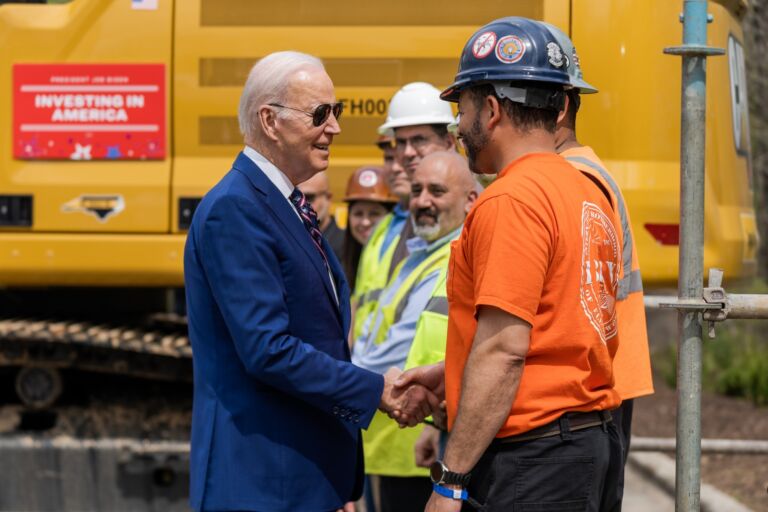The tech industry has been a driving force behind North Carolina's economy for years, and it shows no signs of slowing down.
As the mayor of Rocky Mount and CEO of a local healthcare company, I understand the impact regulations emanating from Washington, DC, have on small businesses.
In my city, small businesses are the lifeblood of our local economy. Mom-and-pop shops are on every corner, and the rise of online platforms and new technologies accelerate and sustain growth, creating opportunities for customers and business owners alike. I'm writing to you today because I'm deeply concerned about recent government agencies cracking down on big tech companies that support small businesses, not just in my city but across the country.
North Carolina is acutely aware of the impact technology companies have on our local economy: the industry employs more than 310,000 people, making up 21 percent of our state's workforce.
Additionally, according to the NC State of Technology 2024 Industry Report, the industry has an employment multiplier of 3.07, meaning that for every job in tech, two jobs are supported across all industries across the state's economy. Tech jobs also account for $79 billion in wages and 24% of the state's total income.
Given the huge investments being made in our state and the people who live there, I am deeply troubled by what is happening at the FTC and in Joe Biden's White House. President Biden and the FTC have set their sights on the tech industry. It is important to understand that these anti-tech, anti-business attacks could have serious implications for our state's economy and across America.
Liberals in Washington argue that these companies have become too big and too powerful, and, following the example of European governments, want to punish and break up these companies for outperforming others. Their goal, they say, is to give all companies a level playing field, break up “monopolies,” and protect consumers.
But have they ever thought about the benefits the industry brings to consumers? Aside from retail, where the benefits are obvious, technology is embedded in every major industry, including healthcare, finance, computing, security and defense, and the creativity and innovation on the part of these businesses is likely to enable companies in these industries to operate effectively and efficiently.
In reality, this is a politically driven effort, spearheaded by an agency led by ultra-progressive liberals. But last I checked, the FTC is not, and should not be, in the business of setting economic policy or essentially economic planning. This country's economy has long been governed by free-market principles: that if companies work hard and create products and services that people need and want, they can grow beyond their founders' dreams. So why should we punish them for that?
While some of the criticisms of these companies certainly have merit, do we really want to give unelected bureaucrats the power to interfere in the affairs of closely held businesses?
This “big is bad” ideology is a throwback to a bygone era when large monopolies actually hurt consumers, which is why Robert Bork developed the consumer welfare standard that guides antitrust law.
Are consumers being negatively affected by technology companies today? The answer varies depending on who you ask, but generally the answer is no. Nearly every American uses technology companies' products, services, and platforms every day that enrich and ease their lives. In a time of record costs, inflation, high interest rates, and economic uncertainty, the idea that overzealous bureaucrats would turn it all upside down so they can achieve their personal goals is a horrible, anti-American idea.
If bigger is bad, what about big government?
Giving more power to government agencies that don't respond to voters' demands — and instead funnel taxpayer money into unjust lawsuits — is not the answer. Congress and the courts need to step in to protect consumers and foster a business environment in which businesses and the consumers they serve can both thrive.
More than that, we need a president who won't try to sabotage the vital industries that drive our economy and stock market.
As a proud North Carolinian, I know how important these companies are to average Americans. They create good-paying jobs, support nearly every industry in the country, and make it simple, efficient, and cost-effective to get the products you want and need. Join me in supporting the tech companies that are building an America the envy of the world.

